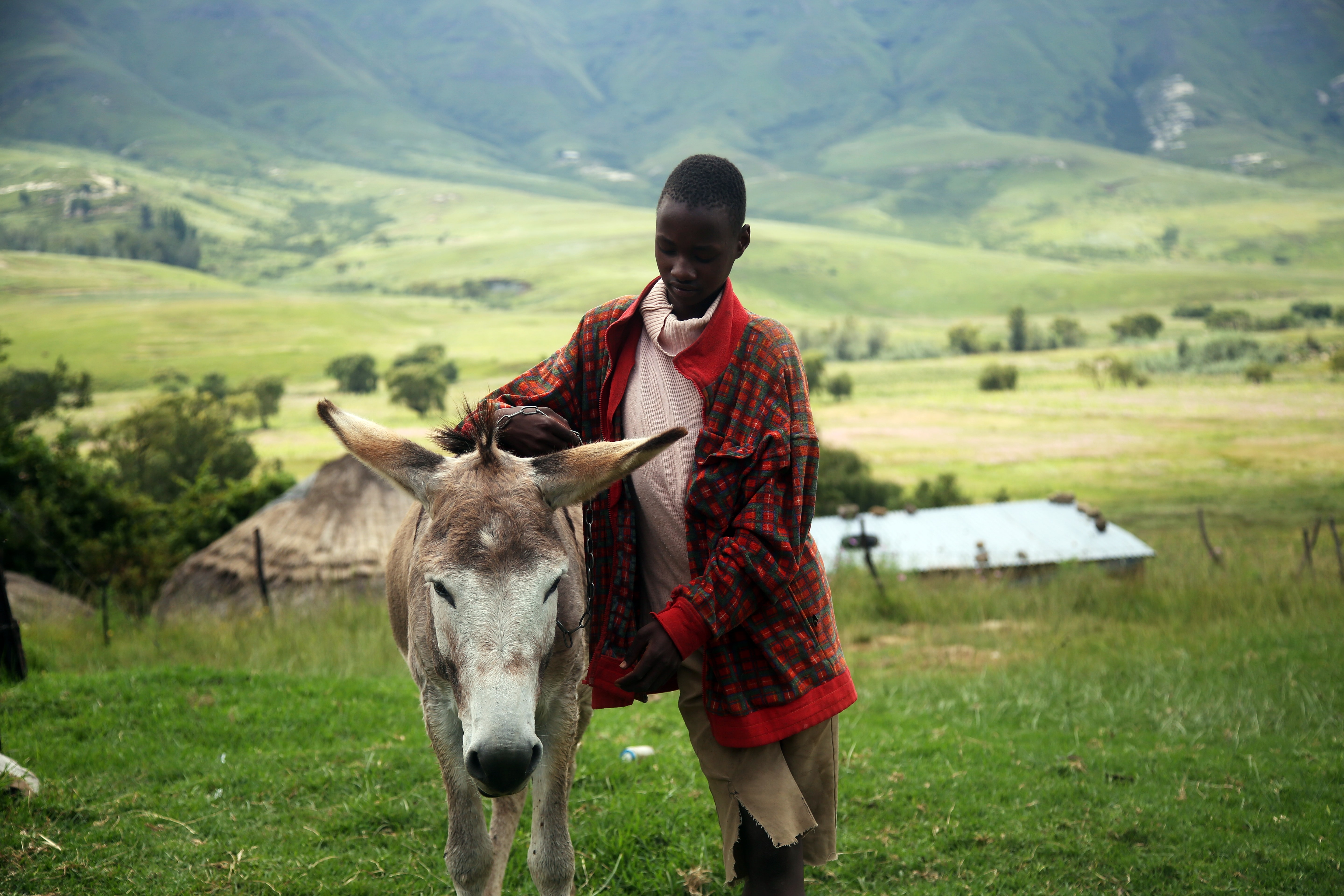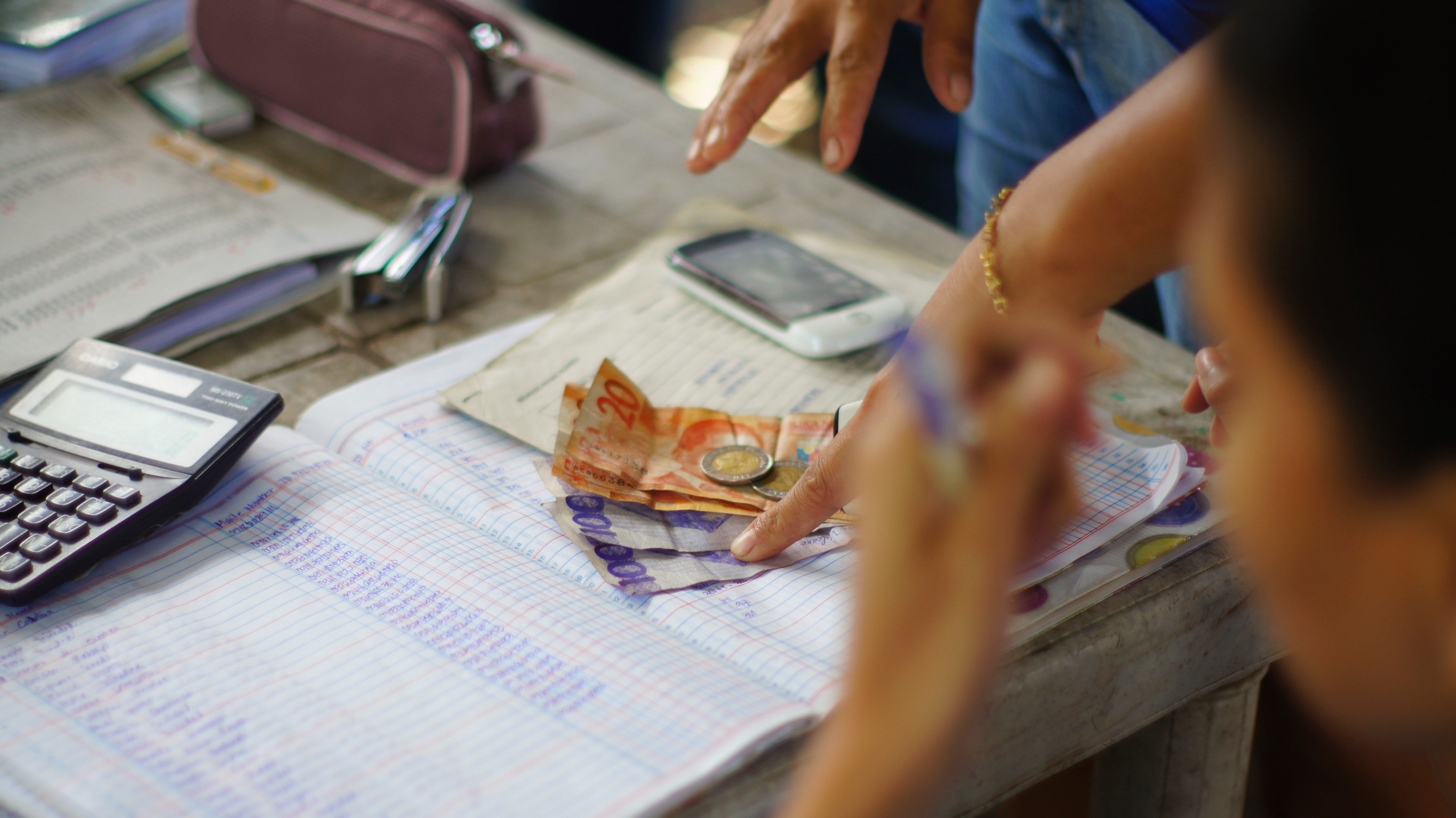Economic Resilience
Why Economic Resilience?
Markets That Work for Everyone
Economic Systems May Experience Shocks and Stressors
-
Financial crisis from price fluctuations or market disruptions, for example from new regulations or sanctions
- Events outside of the financial system - such as conflict and climate-related disaster - can cause a range of shocks challenging market functions and the loss of economic resources
- Economic stressors ranging from widespread poverty, the threat of conflict, to reliance on natural resources and foreign aid, undermine the resilience of the economies and can also increase the exposure to certain shocks
Economic resilience refers to the ability of people to mitigate, adapt to and recover from shocks that affect their livelihoods, and transformative capacities that ensure financial inclusion, access to credit and insurance that allow households to diversify their income strategies.

Youth Engagement in Agricultural Value Chains Across Feed the Future

Financial Inclusion
Interventions that increase access to financial tools like insurance, credit, and digital payment systems help strengthen resilience for poor individuals.

Livelihood Diversification
Livelihood diversification can improve resilience if efforts to increase income streams and assets diversify potential risks.

Access to Markets
Access to functioning, resilient markets strengthens household resilience by increasing asset accumulation and livelihood diversification.
Submit Economic Resilience Resources
Have a resource you think will be valuable to the ResilienceLinks community? View our criteria and submit it here.




